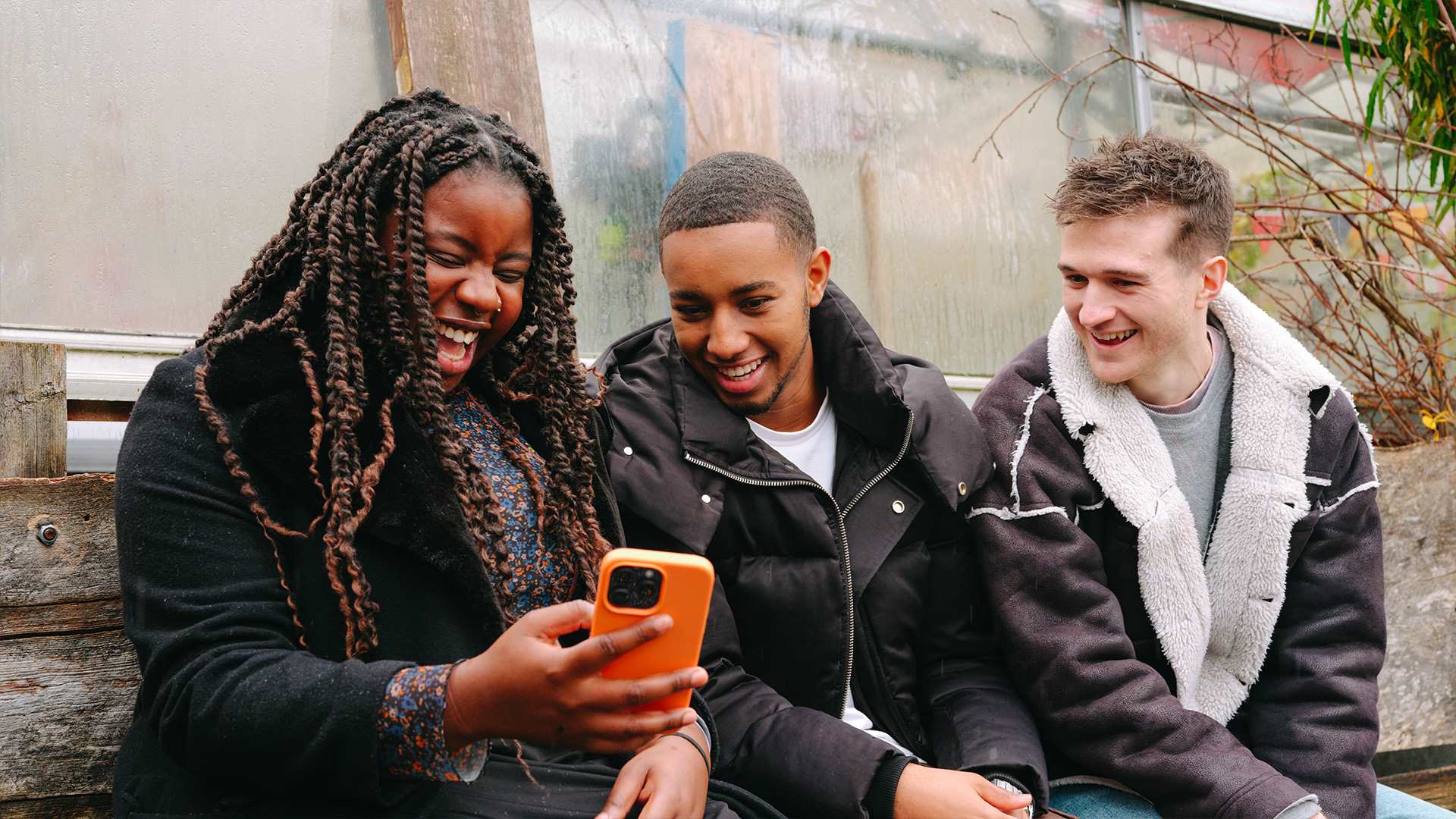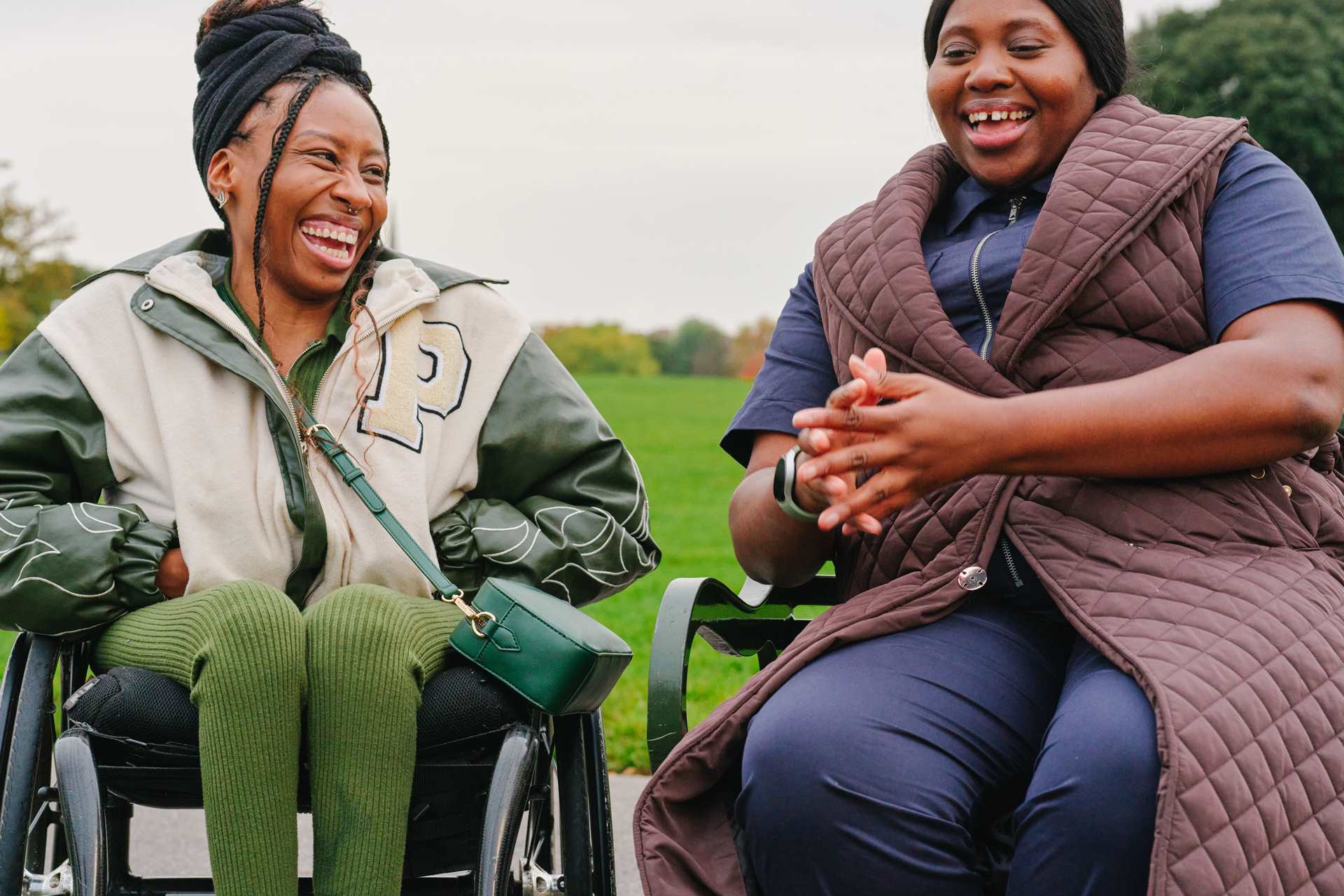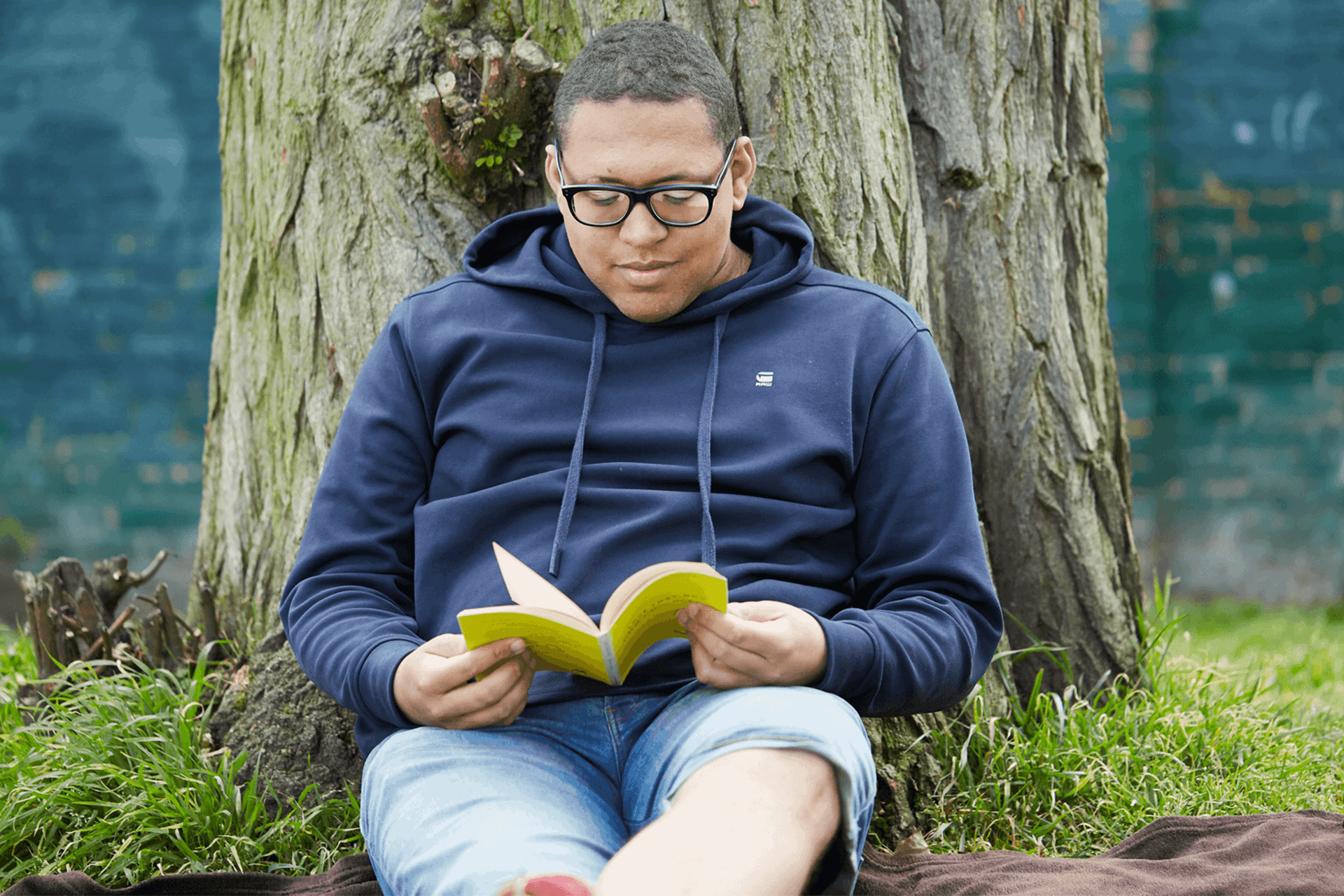Topics mentioned: exam stress, disability and mental health, school, social media, self-care
About: Eden answers our questions about exam stress as a Disabled student, pressures young people face, and what she wishes schools knew about student mental health.
The media often reports that exams are ‘easier’ now after the pandemic, which puts even more pressure on young people.
How does exam stress impact your mental health as a Disabled young person?
I think that exam stress can have such a huge impact on any young person’s mental health. There are lots of high expectations - not just from parents and teachers, but also the pressure you put on yourself to do as well as you can to reach your goals and achieve the best grades. I think there’s a lot of pressure after Covid too, especially as grade boundaries have changed. The media often reports that exams are ‘easier’ now after the pandemic, which puts even more pressure on young people.
Exam season can be such an isolating time as well. You spend a lot of time revising on your own and might neglect some of your other needs including your social needs. Personally, I was diagnosed with my disability only two months before my A-level exams and I found this really challenging. It was the first set of exams since Covid, and it was a lot of pressure to go to university and get the grades. Plus, we didn’t know what to expect so this caused a lot of uncertainty and worry for me.
Have you had any support for exams? If so, what did that support look like?
I didn’t get a lot of support for my disability in school as it was quite late in the term that I was diagnosed. However, I did apply for special circumstances because I was really unwell, and it definitely helped to have those in place. I know a lot of other young people can get extra time, rest breaks and a scribe, so it’s important to speak to your college, university or school to see how they can help you.
How do you look after yourself in the lead up to exams?
-
Factor in time for things you enjoy
It can be really hard to get the balance, but I think it’s important to prioritise self-care during your exams. Even just a 10-minute walk or stretch can really help your mental and physical health, and help with concentration.
-
Plan something to look forward to
I’d also suggest giving yourself a reward or having something planned, either after a revision session or after an exam. This gives you something to look forward to.
-
Rest is important too
Make sure that you take regular breaks during the day when you’re revising to help productivity and boost your energy.
-
Make sure you're getting enough sleep
It can be really tempting to pull an all-nighter or keep revising really late, but getting enough sleep is much more important.
-
Find a grounding technique that work for you
To help manage the stress of exams, try to do some deep breathing and relaxation exercises before the exam.
-
Try taking breaks from social media
I’d also recommend limiting your social media use, especially straight after the exam - a lot of young people like to talk about the exam questions and their answers, but my advice would be to not discuss the exam at all. You’ve done your best and you can’t go back and change things, so just try and move on and relax.
It's also really important that teachers and tutors don't say things so literally and remember that we’re more than our grades. We have lots going on in our lives outside of exams.
What advice do you have for other Disabled students experiencing exam stress or pressure?
I would say that it's really important to look after yourself. Make sure you do some self-care, whatever this might look like for you and whatever helps you regulate your emotions and feel calmer. I also think it's really important to speak to other people, whether that’s your family, friends or a trusted adult - they will have gone through something similar, or be going through it too, and they can be there to support you. You're not alone in feeling this way. If you're really struggling and you need some other support, then reaching out to organisations can be really helpful.
What would you say to your younger self?
I would say it’s not the end of the world if you don’t get the grades you want. The most important thing is that you try your best and look after yourself. It can be a really stressful time and can really have an impact on your health. Also, try not to compare yourself to others. I went to quite a highly academic all-girls school with a lot of pressure and it was really hard not to compare my grades to everyone else’s. Everybody always seemed to be doing so well, but now I would tell my younger self that you’re doing well too. Just feel happy with what grades you've got, because you did your best.
What do you wish schools knew about dealing with exam stress as a Disabled young person?
I wish they knew we might get more overwhelmed quite easily and quicker, so it's important that they’re aware of this. It's also really important that teachers and tutors don't say things so literally and remember that we’re more than our grades. We have lots going on in our lives outside of exams. Constantly talking about averages and comparing us with other students can make us feel even more pressured and have an impact on our mental health.
I went to quite a highly academic all-girls school with a lot of pressure and it was really hard not to compare my grades to everyone else’s. Everybody always seemed to be doing so well, but now I would tell my younger self that you’re doing well too.
More information and advice
We have tips and advice to help you find the support you need. Take a look at our guides.
Where to get help
However you're feeling, there are people who can help you if you are struggling. Here are some services that can support you.
-
Scope
Provides practical information and emotional support for Disabled people.
- Opening times:
- 9am - 6pm, Monday - Friday; 10am - 6pm, weekends
-
Childline
If you’re under 19 you can confidentially call, chat online or email about any problem big or small.
Sign up for a free Childline locker (real name or email address not needed) to use their free 1-2-1 counsellor chat and email support service.
Can provide a BSL interpreter if you are deaf or hearing-impaired.
Hosts online message boards where you can share your experiences, have fun and get support from other young people in similar situations.
- Opening times:
- 24/7






